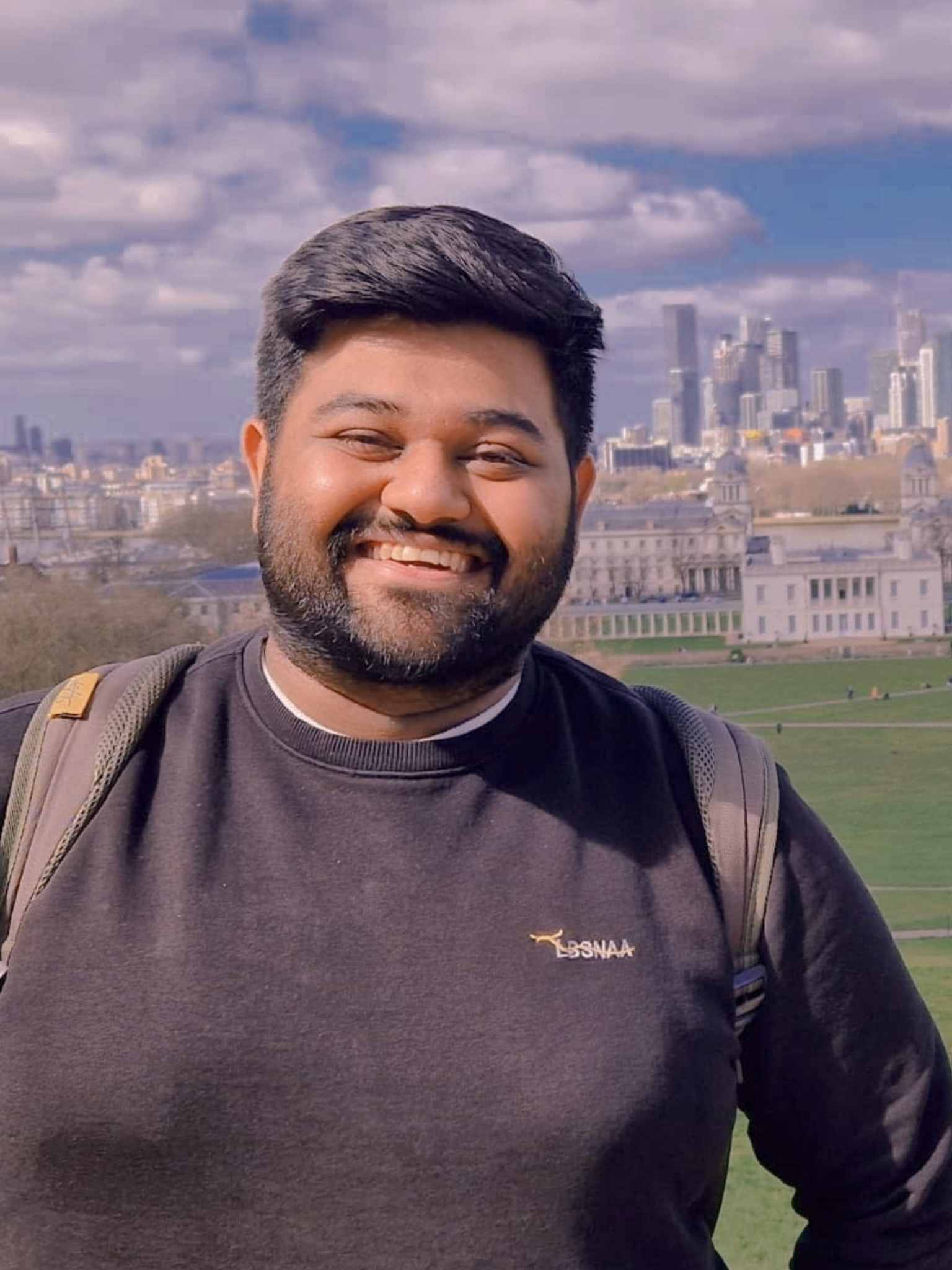Ashish Dwivedi
MPhil English and Animation Studies. Class 2021.
PhD Student in Cinema Studies at the University of Southampton.
Your Career
I'm an academic and creative researcher/writer, with a slice of interest in creative and nonfiction editing. I'm currently based at the University of Southampton, where I'm researching in-and-around early popular Bombay cinema towards my doctorate. My primary interest lies within the middle cinema of Guru Dutt, an early Indian filmmaker, which I’m reviewing against the perspectives of intertextuality, collective authorship, and stardom.
I aspire to be one of the leading thinkers of Indian cinema, and have extensively written around the discourse. A lot of my critical work has featured in a range of academic and popular journals, including E-Cine India, Café Dissensus, Silhouette Magazine, amongst others. I’m equally dedicated towards the global popularization of Indian forms of cinema and, keeping with this interest, I began an editorial column, called “Ashish’s FaceoftheMonth” which - though conceptualized during my tenure as Film Editor of a student's magazine - features on my website.
Summary of your Swansea University experience
Swansea University offered me the “real” wings that I had yearned for a long time. I learnt an array of new and incredible things at Swansea, developed a diverse international network of friends and professionals, gained ample professional/industry experience, but, most important, I discovered my worth, my personality, my power.
What are your top 3 favourite things about Swansea (the University/city/area)?
- People: I’m a people’s person and it’s integral for me to meet the right kind of people, and Swansea University — and even the city — offered just that. Everyone is friendly, kind, humble, and open to the idea of “newness”. I think that’s why Swansea University is extremely accommodating to international students and truly justifies itself as one of those rare universities that care about its international community. I was even lucky enough to meet some absolutely amazing people who I’m still friends with and in good touch with.
- Semi-Urbanity: Swansea, as a big town, has that perfect “atmospheric” balance between the feel of a city and the warmth and peace of the country, and I’ve highlighted this innumerable times, but this is one of the best things about Swansea. I’m a fan of the metropolis, but an equal fan of a country retreat, and Swansea presents itself as a perpetual combination of these two components; and so, the city offers something to everyone . . . no one is left out.
- Evening walks to Mumbles or the Clyne Country Park: what a refreshing thing!
Why did you choose to study your degree at Swansea?
I did an MPhil in English Literature and Animation Studies at Swansea, and it was my primary supervisor who could be cited as one of the biggest reasons why I chose this university. His research on animations and graphic novels strongly coincided with mine, and he is one of the finest upcoming researchers in his field and I thought it would be an honour to be guided by one of the best.
Would you recommend Swansea University to someone thinking of going to University?
Absolutely! I'd strongly recommend Swansea University, and it's not just for the incredible academic output that the university is already famous for; I'd boast of other things: the scenic beauty of the city, the hospitality of people, the flavours of the Welsh cuisine, the therapeutic powers of the beach and evergreen parks, the range of upskilling opportunities that the university offers, the peace of it, and the power that just accompanies that sense of peace. I'd say, "Go to Swansea if you want to grow!". The place possesses many a capacities to leave students and onlookers emotionally and spiritually transformed.
How did your degree prepare you for your career?
I came to the university after successfully completing an MA in English, but I hadn’t yet developed any research skills. The whole point of not directly jumping onto the PhD had two reasons: (1) my father, who was himself a university professor, had strongly advised me not to stray from what he called the “traditional trajectory of higher education”; and (2) I did not feel academically-ready for a PhD. I strongly believed that an MPhil is the right way, at least for me, to approach a PhD because it would prepare me as an academic researcher and writer (and clearly it did!). The MPhil greatly shaped my creative and critical faculties, enabling me to now aim to publish my doctorate as a monograph in the future. I don't think I would have been able to produce any substantial work without the profound impact of my MPhil experience.
What advice would you give to students who want to pursue your career?
- Do not waste away your PhD or MPhil years by simply focusing on your thesis; diversify your interests and experiences.
- Attend at least one conference every year, and publish your works (be it in the form of conference proceedings or full-fledged essays).
- Review your teaching and industry aptitude.
- Volunteer at different departmental-level events either by organizing, implementing ideas, or providing support/assistance.
- Explore what the university offers to PGRs in terms of fellowships, internships, leadership roles, or even part-time employment.
- Broaden your professional network; build your LinkedIn presence.
- At the end of the day, work towards empowering your CV.

